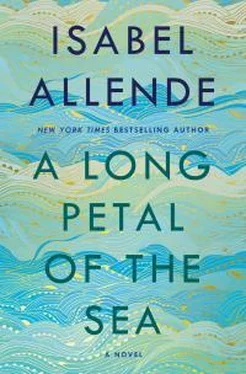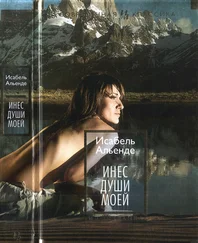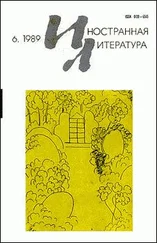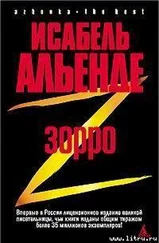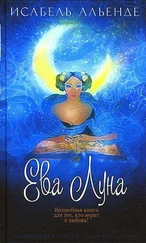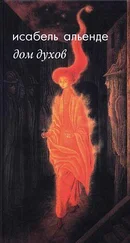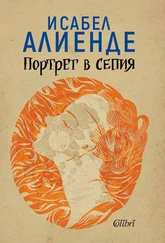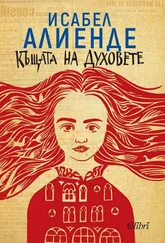Nobody on board was expecting the welcome they received. They had been warned so often about the Right’s negative campaign, the Catholic Church’s uncompromising opposition, as well as the proverbial Chilean reserve, that at first they didn’t understand what was going on in the port. The crowds crammed behind barriers with placards and flags of Spain, the Republic, Euskadi, and Catalonia, cheering them in a deafening roar of welcome. A band played the national anthems of Chile and the Spanish Republic, and hundreds of voices joined in. The Chilean one summed up in a few rather sentimental verses the hospitable spirit and vocation for freedom of the country receiving them: Sweet fatherland, accept the vows given by Chile on your altars, that you will either be the tomb of the free, or the refuge against oppression.
On deck, battle-hardened combatants who had undergone so many brutal challenges wept openly. At nine, the disembarkation began in single file down a gangway. On shore, each refugee first had to go to a Health Department tent to be vaccinated, and then fell into the arms of Chile, as Victor Dalmau expressed it many years later, when he was able to thank Pablo Neruda personally.
September 3, 1939, the day of the Spanish exiles’ splendid arrival in Chile, the Second World War broke out in Europe.
—
FELIPE DEL SOLAR HAD made the journey to the port of Valparaiso the day before the arrival of the Winnipeg because he wanted to be present at what he called a “historic event.” According to his pals in the Club of the Enraged, he was taking things too far. They said his enthusiasm for the refugees was less because he had a kind heart and more because he wanted to annoy his father and his clan.
Felipe spent most of the day greeting the newcomers, mingling with all those who had gone to receive them, and talking to acquaintances he met. Among the excited crowd on the quayside were members of the government; representatives of the workers and the Catalan and Basque communities with whom he had been in contact in recent months to prepare for the arrival of the Winnipeg ; artists, intellectuals, journalists, and politicians. Also present was a doctor from Valparaiso, Salvador Allende, a Socialist Party leader who a few days later would be named health minister. Despite being so young, he was prominent in political circles, admired by some, rejected by others, but respected by all. He had taken part more than once in the gatherings of the Enraged, and when he recognized Felipe del Solar in the crowd, he waved to him from afar. Felipe had managed to secure an invitation to board the special train transporting the newcomers from Valparaiso to Santiago. That gave him several hours to hear firsthand what had happened in Spain; until then he knew only what was reported in the press and what he had gleaned from the testimonies of a few individuals, such as Neruda. Seen from Chile, the Spanish Civil War had been something so remote it was as if it had occurred in another time.
The train traveled without stopping, but slowed down whenever it came to a railway station, because at each one there was a crowd ready to greet the refugees with flags and songs, as well as meat pies or cakes that they ran with along the tracks to pass in through the carriage windows. In Santiago, such a dense, frantic multitude was waiting for them at the main station it was impossible to move; many of them had climbed the columns and were hanging from the roof beams, shouting greetings, singing, and throwing flowers in the air. The police had to force a way through so that the Spaniards could leave the station and attend the dinner in their honor (with a resoundingly Chilean menu) prepared by the Refugee Committee.
On the train, Felipe del Solar had heard many different stories, linked by a common thread of misfortune. He ended up between two carriages, smoking a cigarette with Victor Dalmau, who gave him his view of the war from the perspective of the blood and death he had witnessed in the first-aid stations and evacuation hospitals.
“What we suffered in Spain is a taste of what people are going to suffer all over Europe,” Victor concluded. “The Germans tested out their weaponry on us; they left entire towns reduced to rubble. It will be worse still in the rest of Europe.”
“For the moment, only England and France are standing up to Hitler, but they’re bound to find allies they can count on. The Americans will have to make up their minds.”
“And what will Chile’s position be?” asked Roser, who had come out to join them, her child on her back in the same sling she had been using for months.
“This is Roser, my wife,” said Victor, presenting her.
“Pleased to meet you, señora. Felipe del Solar, at your service. Your husband has told me about you. Madam is a pianist, isn’t she?”
“Yes, but please don’t be so formal,” said Roser, repeating her question.
Felipe told her about the large German colony established in the country for several decades, and mentioned the Chilean Nazis, but added there was nothing to fear, and that Chile would undoubtedly stay neutral in the war. He showed them the list of industrialists and businessmen willing to offer employment to Spaniards depending on their skills, but none of these suited Victor. He would be unable to dedicate himself to the only thing he knew—medicine—without a diploma. Felipe advised him to enroll at the University of Chile, which was free and very prestigious, where he could study. They might possibly recognize the courses he had taken in Barcelona and the knowledge acquired during the war, but even so it would take him years to obtain his title.
“First of all, I need to earn my living,” replied Victor. “I’ll try to find a night job so that I can study by day.”
“I need work as well,” observed Roser.
“It’ll be easy for you. We always need pianists down here.”
“That’s what Pablo Neruda said,” Victor added.
“For now, you’re to come and live with me,” Felipe insisted. He had two empty rooms and, in preparation for the arrival of the Winnipeg, had taken on more domestic staff. He now had a cook and two maids, so as to avoid any further conflict with Juana. Her refusal to hand over the keys to the empty rooms in the family home had given rise to the only argument they had had in more than twenty years, but they loved each other too much to allow that to force them apart. When the telegram arrived from his father in Paris making it clear that no Red was to set foot in his house, Felipe had already decided to organize things to receive Spaniards under his own roof. The Dalmau family seemed ideal.
“I’m really grateful, but I understand the Refugee Committee has found us lodging in a boardinghouse and is going to pay the first six months,” said Victor.
“I have a piano, and spend all my days at work. You’ll be able to practice without anyone disturbing you, Roser.”
That clinched it. The house was in a neighborhood that, to the new guests, seemed as grand as the best parts of Barcelona. From the outside it was elegant, and was almost empty on the inside, because Felipe had bought only the most indispensable pieces of furniture: he detested his parents’ fussy style. There were no drapes on the beveled glass windows, no rugs on the parquet floors; there were no flower pots or plants to be seen, and the walls were bare. But despite this lack of decoration, the house had an air of undeniable refinement. The Dalmaus were offered two bedrooms, a bathroom, and the exclusive use of one of the maids, to whom Felipe assigned the role of nanny. Marcel would have someone to look after him while his parents were at work.
Two days later, Felipe took Roser to a radio station run by a friend of his, and that same evening they invited her to play the piano to accompany a program. This advertised her talent as a soloist and music teacher, and meant she would never be short of work. He also found Victor a job at the bar of the Equestrian Club thanks to the same networking system, where merit was much less important than connections. Victor’s shift was from seven at night to two in the morning, which would allow him to study as soon as he could put his name down for the School of Medicine. Felipe said that would be no problem, because the president of the school was a relative of the Vizcarras, his mother’s family. Victor began hauling crates of beer and washing glasses, until he learned to distinguish between different wines and to prepare cocktails, when he was put behind the bar. He had to wear a dark suit, white shirt, and bow tie, and only had one change of underclothes and the suit he had bought with Aitor Ibarra’s money when he escaped from Argeles-sur-Mer, but Felipe put his entire wardrobe at Victor’s disposal.
Читать дальше
